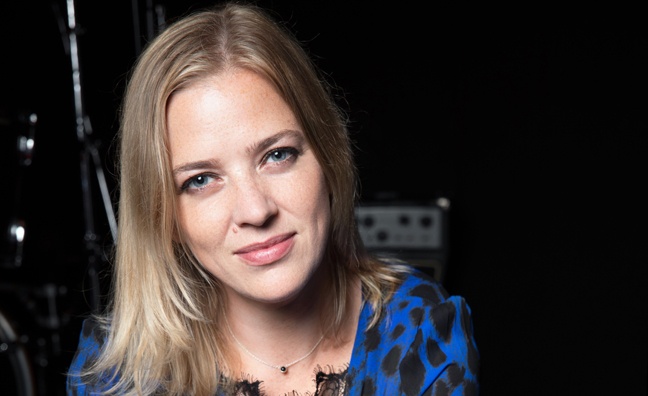Deviate Digital's CEO guides you through the ever-changing tech world.
In her latest column, Sammy Andrews looks at five big talking points for the year ahead...
CREATOR WARS BEGIN
It’s been a difficult 12 months for many technology companies globally with tumbling share prices and mass layoffs, but social platforms have started with refreshed approaches to their creator acquisition. At times this has involved hard cash in exchange for a few native posts, but for YouTube, creators now receive a share of advertising revenue from YouTube Shorts.
YouTube have said that, by adding together revenue from adverts running between Shorts, this new monetisation plan will be used to both “reward creators and help cover costs of music licensing”. If a monetising creator uploads a Short without any music, all of the revenue associated with the video’s views goes into the Creator Pool. Alternatively, if a monetising creator uploads a Short that features music, revenue received from the video’s views will be split fairly between the Creator Pool and the music partners involved, dependent on the number of tracks used.
“For example, if a monetising creator uploads a Short with one track, half of the revenue associated with its views would be allocated to the Creator Pool, and the other half used to cover the costs of music licensing,” YouTube have explained. “If the Short features two musical tracks, one third of the revenue associated with its views would be allocated to the Creator Pool, and the other two thirds used to cover the costs of music licensing.”
The question is: will TikTok follow suit? TikTok currently pays creators through its Creator Fund, a pool of $200 million which was launched back in 2021 with a promise to reach $1 billion in the next three years. That might sound like a lot of money, but if you compare it to YouTube who claim to have paid creators over $30 billion in advertising revenue over the last three years, it’s most certainly not. Monetising short- form content has always posed a few questions, as you can’t very well just slot a 10-second advert into a 30-second video. However, it has become clear that YouTube are leading the charge with advertisement revenue splits. Expect land grabs galore in 2023.
A MATURING STREAMING MARKET
In January, the Entertainment Retailers Association announced that music sales grew by 3% in 2022, to their highest level since 2003 and nearly double the level of their low point in 2013.
The main driver of this growth (quelle surprise) was streaming, where revenues grew by 5%. Vinyl album sales increased by 11% and CD album sales fell by 17.4%. This is the first time that vinyl has outsold CDs in value since 1987. Are we reaching a point where a mature streaming market is slowing down?
We most certainly are. Do we need to be looking ahead to new formats and monetisation routes? Definitely.
NEW FORMATS, CONSUMPTION AND REVENUE GENERATION
In regards to the conversation around streaming maturity, the music industry has been looking across social media, fitness and Web3 for advancements in formats and fairer monetisation for rights-holders. This year, I expect there to be many public and behind-closed-doors debates around how (and when) this will be achieved.
I am expecting debates throughout the year regarding how we can successfully monetise new and emerging formats
Sammy Andrews
We can clearly see some industry frustration with specific social platforms on revenue generation and distribution, but we can also see other socials making plays to appease the wider entertainment and creator communities. However, unless the industry stands together to find a fair way forward, I am expecting debates throughout the year regarding how we can successfully monetise new and emerging formats.
CONTRACT UPDATES AND FAIR TERMS FOR THE FUTURE
Speaking of new formats, something I’m hearing more about everyday is artist and songwriter communities questioning how fairly they are being treated, or will be treated, for their streams that technically, in their contractual terms, may not yet class as streams or sales. The industry must be sure to tread carefully as we explore new ways to drive the business forward so that we are able to fairly compensate our artists and songwriters every step of the way.
IPO RESULTS
Of course, while all of this takes place, we await the results of the Intellectual Property Office working groups around data and transparency. The UK government representatives on the last DCMS Committee streaming inquiry meeting noted that there was a lack of working groups around any form of remuneration.
Whilst many in our business will be glad about that, with such significant changes on the horizon we must ask: at what point will the elephant in the room be addressed?












